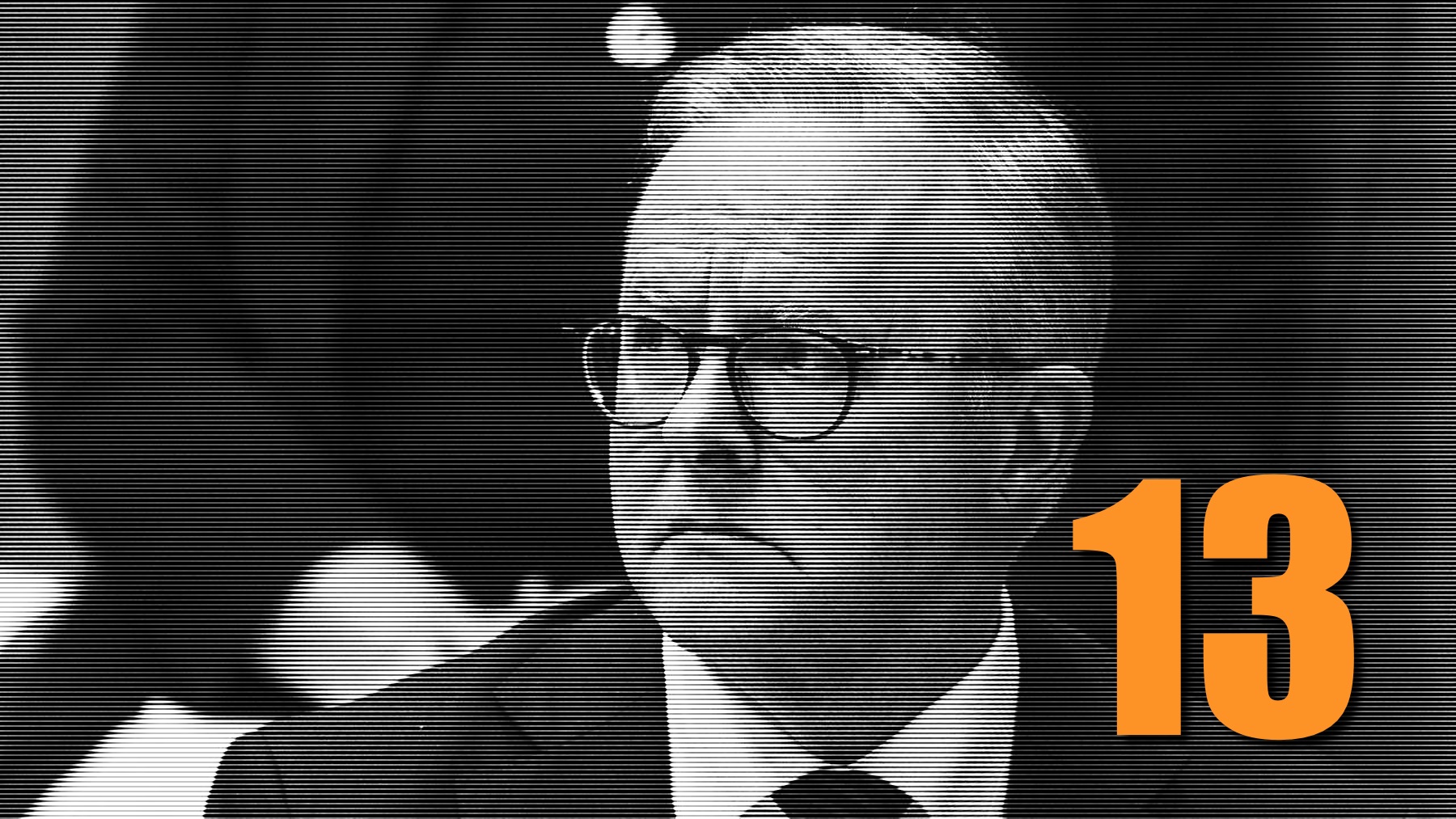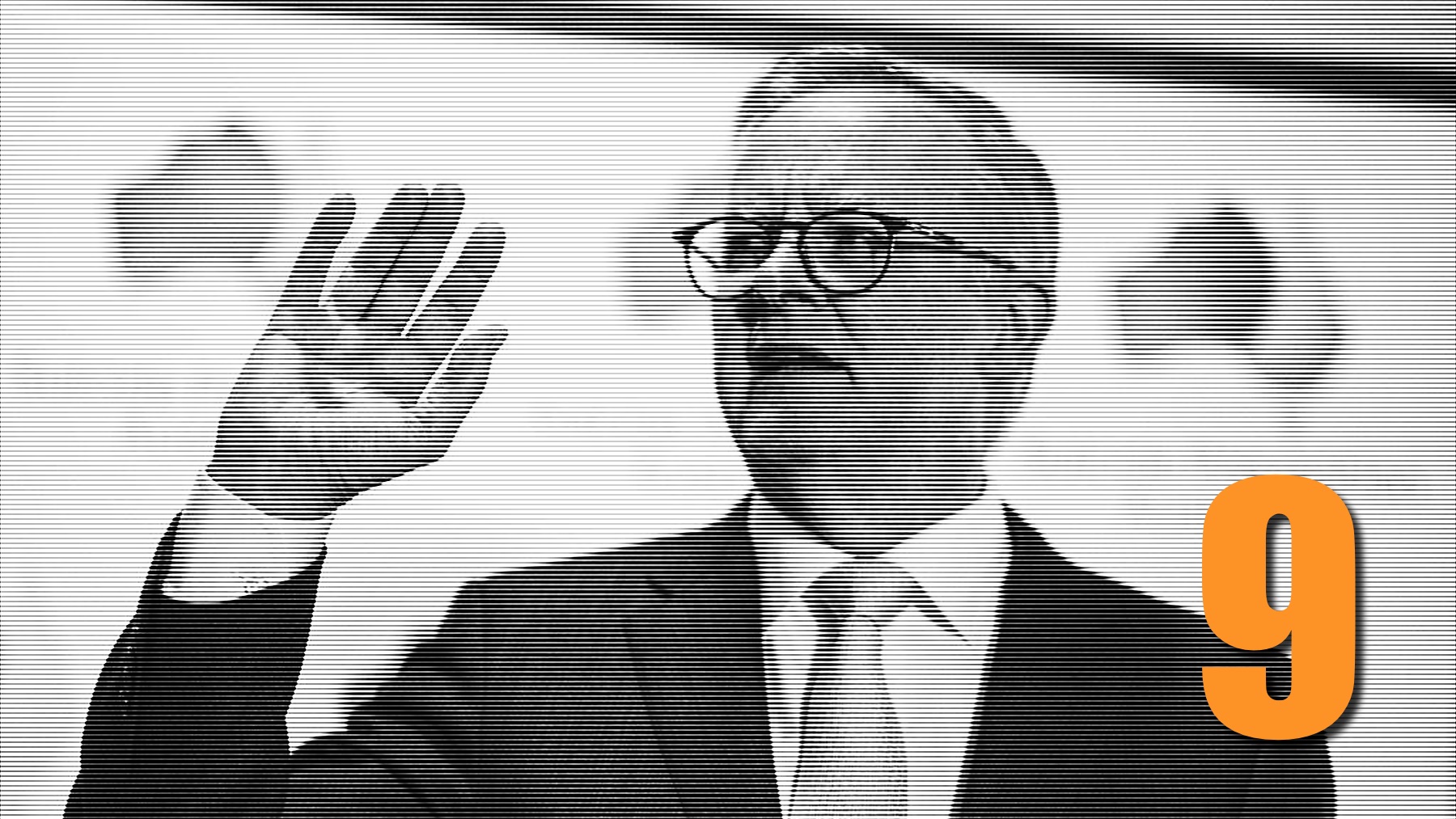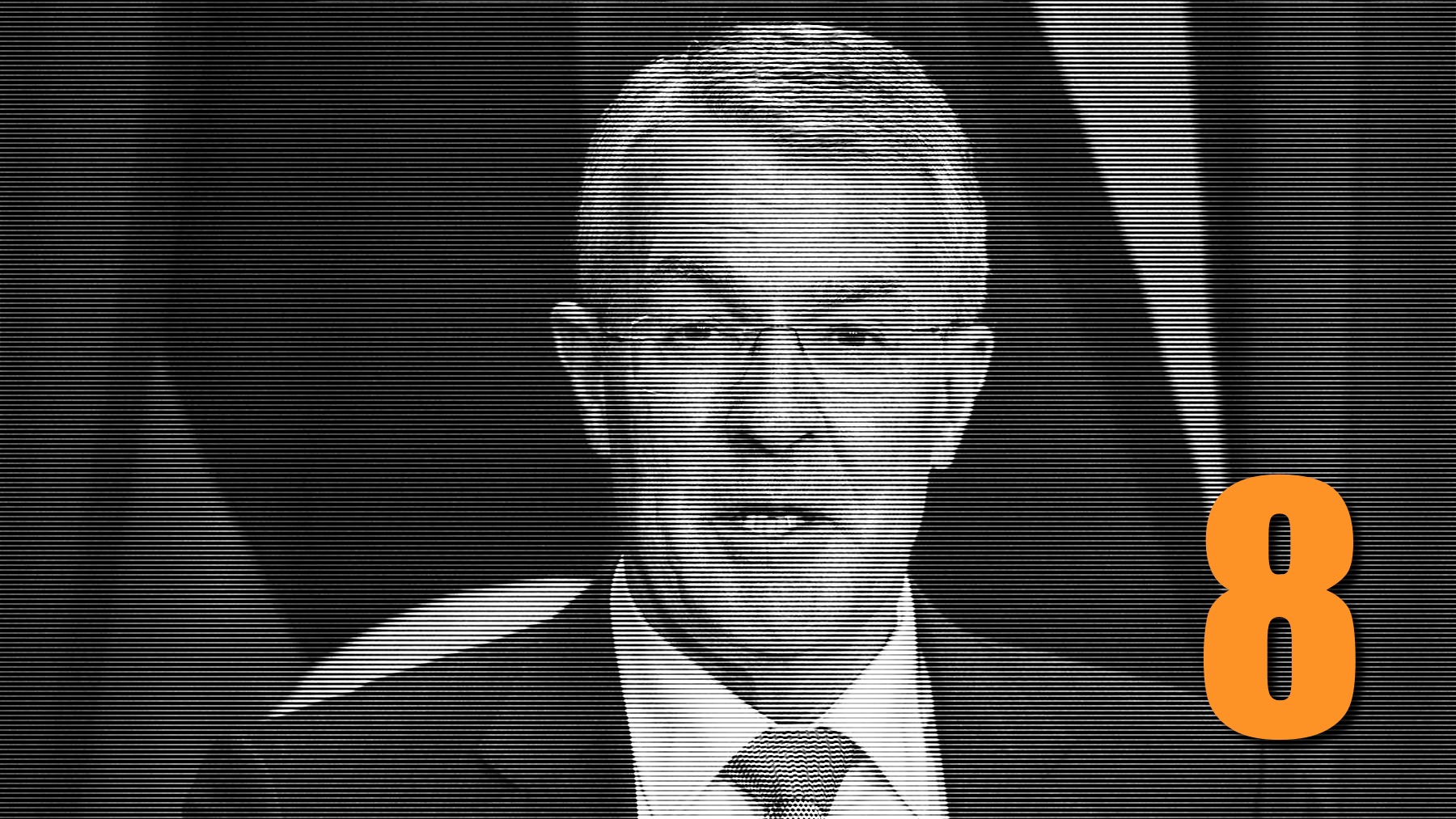The House of Representatives was sitting this week, but it was mostly routine stuff. Some telco data legislation, some ACCC recommendations, and yeah more data breaches.
Continue reading “Digital developments from Canberra 13”Digital developments from Canberra 10
There weren’t any big-ticket items this week. It’s the calm before next week’s storm of a Budget session of Parliament. That’s why there’s so many reports to read. Next week will also see reforms to the Privacy Act.
Continue reading “Digital developments from Canberra 10”Digital developments from Canberra 9
This week’s big-ticket items are public service reform, the new post-Optus telco regulations, robodebt and a bunch of audit-related activities.
Continue reading “Digital developments from Canberra 9”Digital developments from Canberra 8
I was planning to skip this week, but the fallout from the Optus data breach means there’s a few things worth mentioning. There’s also a quantum thing… or is there?
Continue reading “Digital developments from Canberra 8”ABC: The only NBN monopoly seems to be on ignorance

Over at ABC’s The Drum opinion website, I’ve written a piece that argues the National Broadband Network won’t kill competition in the telco industry.
They did the headline, not me, but I do like it.
The article explains the structure of the telco industry before getting to the key points.
In most parts of Australia, the only CAN [customer access network] has been Telstra’s copper network. The NBN will replace that with NBN Co’s optical fibre CAN — at least for 93% of the population, roughly any location with a population of 1000 or more. In other words, the NBN replaces an ageing CAN that’s reaching the limits of its capacity technically, with a new one that provides vastly increased capacity for the future.
What doesn’t change is the fact that customers, both domestic and business, can still choose whichever retail telco offers the best deal for them. That is, there’s still the same capacity for competition between telcos. The only difference is that those retail telcos are provisioning their services via NBN Co fibre rather than Telstra copper.
[I give a few examples and then…]
[T]o claim that telco competition will end because of an “NBN monopoly” is as silly as claiming there’s no competition in the road transport industry because everyone has to use the same monopoly public-funded roads. Different freight companies use those same roads to deliver different styles of service at different prices, and competition seems healthy enough.
The Australian Communications Consumers Action Network just described it as the most factually accurate piece they’ve seen in weeks. That’s flattering but seems over the top. But I will say that I’m happy the article — particularly as this morning broadcast radio arsehole Alan Jones is claiming the exact opposite. And we know what he’s like with facts.
There’s also an article by Alan Kohler that analyses the Telstra-NBN deal from a financial perspective. Well worth a read.
Links for 30 March 2009 through 04 April 2009
Stilgherrian’s links for 30 March 2009 through 04 April 2009, gathered with the assistance of pumpkins and bees:
- The Australian Sex Party: “The Australian Sex Party is a political response to the sexual needs of Australia in the 21st century. It is an attempt to restore the balance between sexual privacy and sexual publicity that has been severely distorted by morals campaigners and prudish politicians.”
- Measuring the Information Society: The ICT Development Index 2009: Australia is ranked #14 based on figures from 2007. In 2003 it was at #13.
- Ho Hum, Sweden Passes new anti File Sharing Legislation | Perceptric Forum: Tom Koltai’s analysis of that new Swedish law: It’ll make no difference long term.
- As Sweden’s Internet anonymity fades, traffic plunges | Ars Technica: A new Swedish law that went into effect 1 April makes it possible for copyright holders to go to court and unmask a user based on an IP address. Sweden’s Internet traffic dropped 40% overnight.
- Study: online sexual predators not like popular perception | Ars Technica: This survey rejects the idea that the Internet is an especially perilous place for minors, and finds that while the nature of online sex crimes against minors changed little between 2000 and 2006, the profile of the offenders has been shifting — and both differ markedly from the popular conception.
- What Is Fail Whale?: The complete history of the Twitter’s error-bringing Fail Whale, along with all the art and craft it’s inspired to date.
- Voda/Hutch merger rattles ACCC | ZDNet Australia: Australia’s competition watchdog tonight issued a strongly worded statement of concern that the proposed merger of mobile carriers Hutchison and Vodafone could lead to increased retail prices on mobile telephony and broadband services.
- All the news that’s fit to tweet | guardian.co.uk: The Guardian has also announced a new 140-character commenting system. “You’ll never again need to wade through paragraphs of extended argument, looking for the point, or suffer the unbearable tedium of having to read multiple protracted, well-grounded perspectives on the blogs you love.”
- Share This Lecture! | Viddler.com: Mark Pesce’s annual lecture for “Cyberworlds” class, Sydney University, 31 March 2009. About the significance of sharing across three domains: sharing media, sharing knowledge, and how these two inevitably lead to the sharing of power.
- Twitter switch for Guardian, after 188 years of ink | The Guardian: One of the better April Fools’ Day pieces. I particularly like the extracts from the Twitterised news archive. 1927: “OMG first successful transatlantic air flight wow, pretty cool! Boring day otherwise *sigh*”
- Flappers, wine, cocaine and revels (Pt II) | The Vapour Trail: A few hours after five Melbourne girls were arrested for vagrancy in late March 1928, the headline of Melbourne’s Truth broadcast their misdeeds: “White Girls with Negro Lovers. Flappers, Wine, Cocaine and Revels. Raid Discloses Wild Scene of Abandon”.
- A Blacklist for Websites Backfires in Australia | TIME: Time‘s take on the leak of the Australian Internet censorship blacklist portrays it as a joke and a scandal. There are some factual errors in the story, but this looks like how it’ll end up being perceived internationally.




